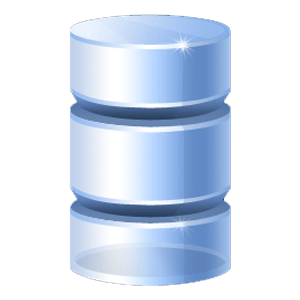In the burgeoning era of big data, selecting the optimal database solution has become a critical decision for organizations across every industry. Big data demands a powerful database solution. Traditionally, SQL Database, Database ruled, offering a structured approach familiar to many organizations. However, big data's complexity and unstructured nature challenge SQL Database's limitations. Enter NoSQL Database: flexible and scalable, making them ideal for big data's ever-changing nature. We'll explore the key differences between SQL and NoSQL Database. Performance-wise, SQL Database shines for structured queries. Its standardized language (SQL) ensures data consistency and complex analysis. But for big data's unstructured formats, this rigidity becomes a hurdle. NoSQL offers a welcome contrast. Its flexible schema allows for diverse data formats and evolving structures, perfect for undefined or frequently changing data models. Additionally, NoSQL boasts superior horizontal scalability, distributing data across multiple servers for cost-effective growth. Understanding these key differentiators empowers organizations to choose the optimal database for their big data needs.
翻译:暂无翻译




